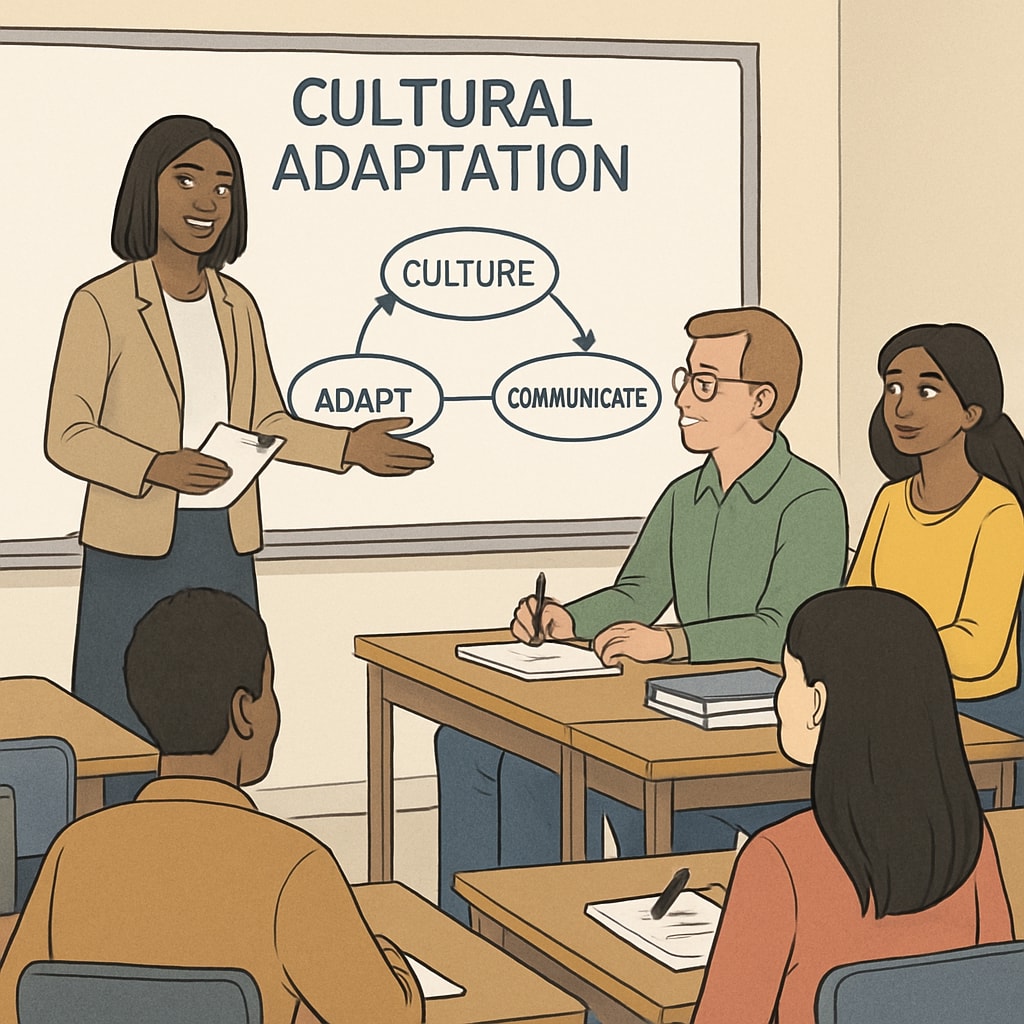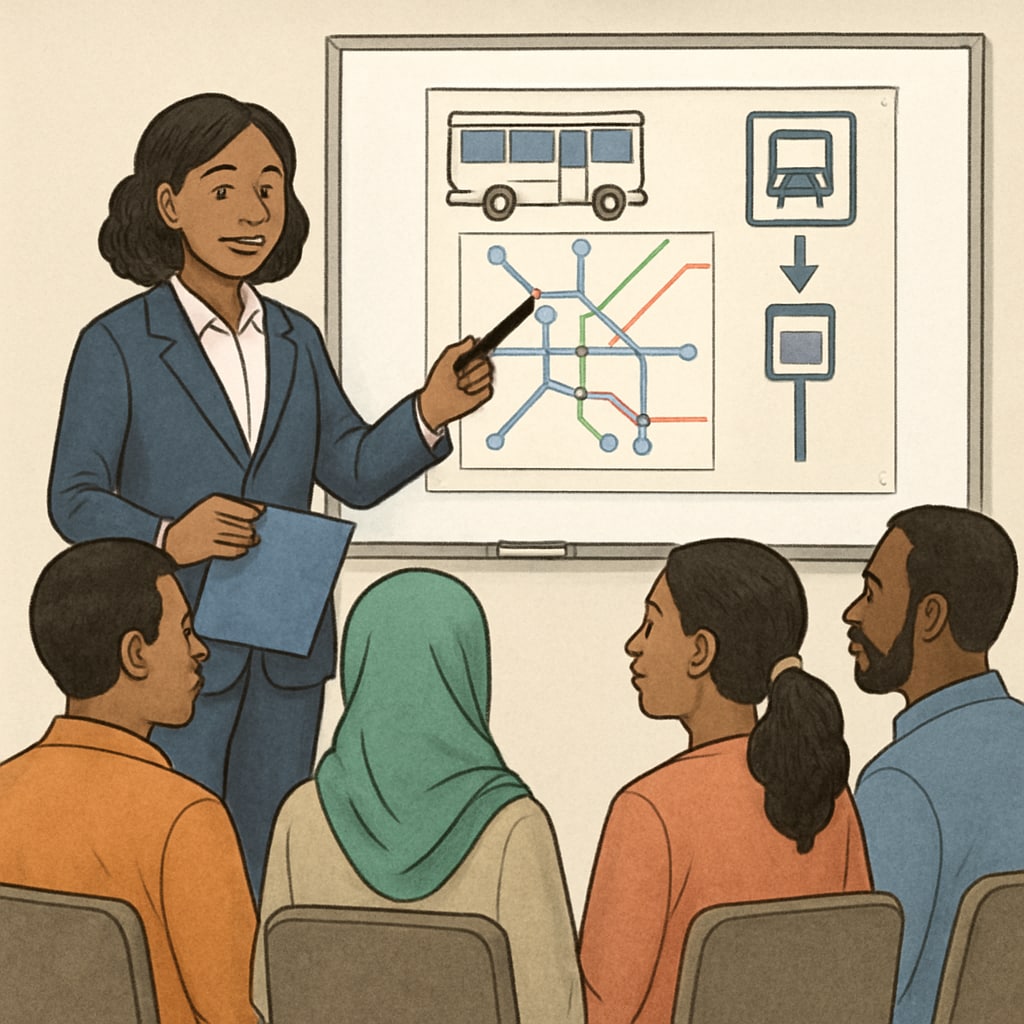Successful integration into a new culture often requires a combination of practical skills and foundational knowledge. For adult immigrants adapting to life in Western societies, adult education is a critical tool for bridging cultural knowledge gaps. This education not only facilitates day-to-day tasks like communicating in a new language or understanding societal norms but also fosters a sense of belonging and empowerment in their new home. By providing essential learning opportunities, communities can help these individuals thrive while enriching society as a whole.
Understanding the Importance of Foundational Knowledge
Cultural adaptation goes beyond language learning. It requires a deeper understanding of societal structures, basic academic concepts, and local customs to navigate everyday life successfully. For example, knowledge of basic math can help with budgeting or understanding measurements, while an understanding of civic norms is essential for participating in community activities or legal processes.
Without this foundational knowledge, immigrants may face barriers to employment, healthcare access, and social inclusion. A well-designed adult education system can address these challenges, equipping learners with the skills they need to become self-reliant and active participants in their new communities.

Strategies for Effective Adult Education Programs
Developing adult education programs for cultural adaptation involves careful planning and inclusivity. Below are some strategies to consider:
- Needs Assessment: Identify the specific knowledge gaps and skills that adult learners need for integration, such as language proficiency or basic financial literacy.
- Flexible Scheduling: Adults often juggle work, family, and education. Offering evening or weekend classes can make learning more accessible.
- Culturally Relevant Content: Tailor learning materials to reflect the learners’ experiences while incorporating key aspects of Western culture.
- Practical Learning: Focus on real-life applications, such as writing resumes, navigating public transportation, or understanding local laws.
Programs that prioritize these elements can create a supportive and effective learning environment, ultimately helping immigrants integrate more seamlessly into Western societies.

The Role of Technology in Adult Education
Technology can play a transformative role in adult education for cultural adaptation. Online platforms, mobile apps, and virtual classrooms enable learners to access resources at their convenience. For instance, language-learning apps like Duolingo or community forums for immigrants offer interactive and flexible ways to gain new skills.
In addition, digital literacy should be a key component of these programs. With many essential services now online, teaching immigrants how to use technology effectively—such as accessing e-government services or applying for jobs—can significantly enhance their independence.
Why Cultural Adaptation Benefits Everyone
Investing in adult education for cultural adaptation has ripple effects that benefit society as a whole. Immigrants who feel empowered and integrated contribute economically, socially, and culturally to their new communities. They bring fresh perspectives, foster innovation, and enrich the diversity of the societies they join.
As a result, creating inclusive and accessible education opportunities is not just a moral imperative but also a practical investment in a more cohesive and prosperous future.
Readability guidance: This article uses short paragraphs and lists to improve clarity. Transitions like “for example” and “in addition” are used to maintain flow, and passive voice is minimized. The content is structured to balance professional insights with accessibility for a broad audience.


